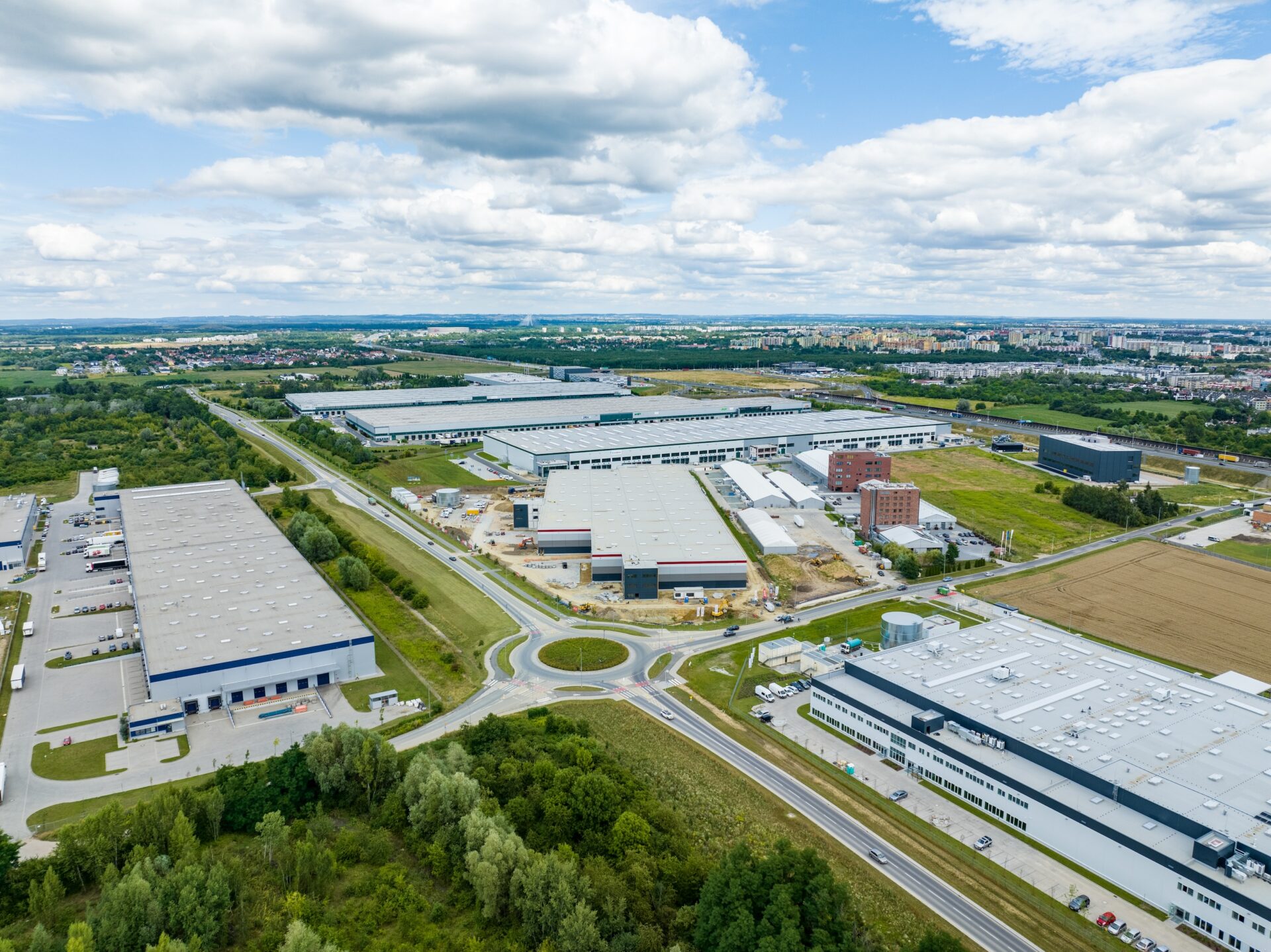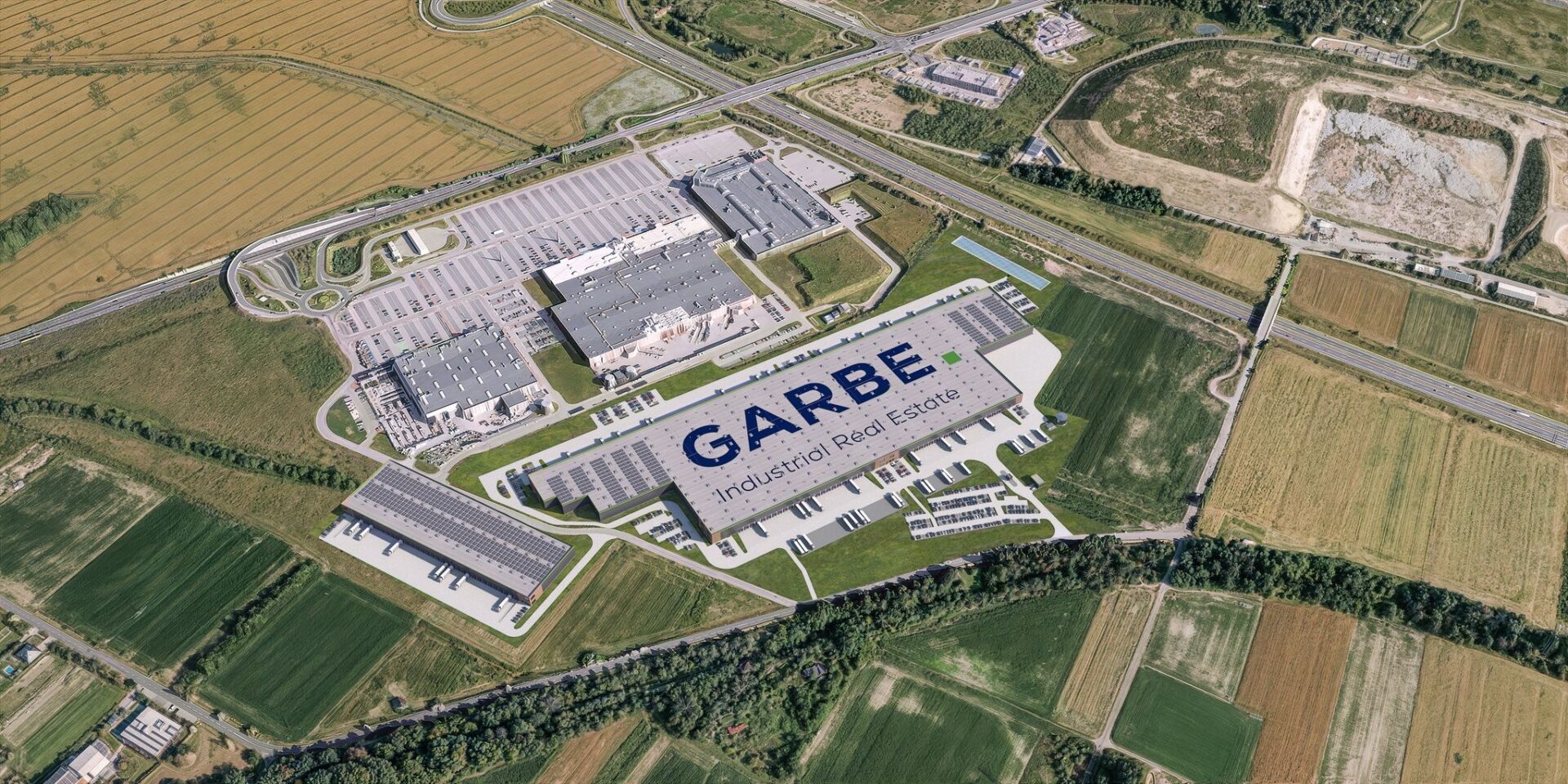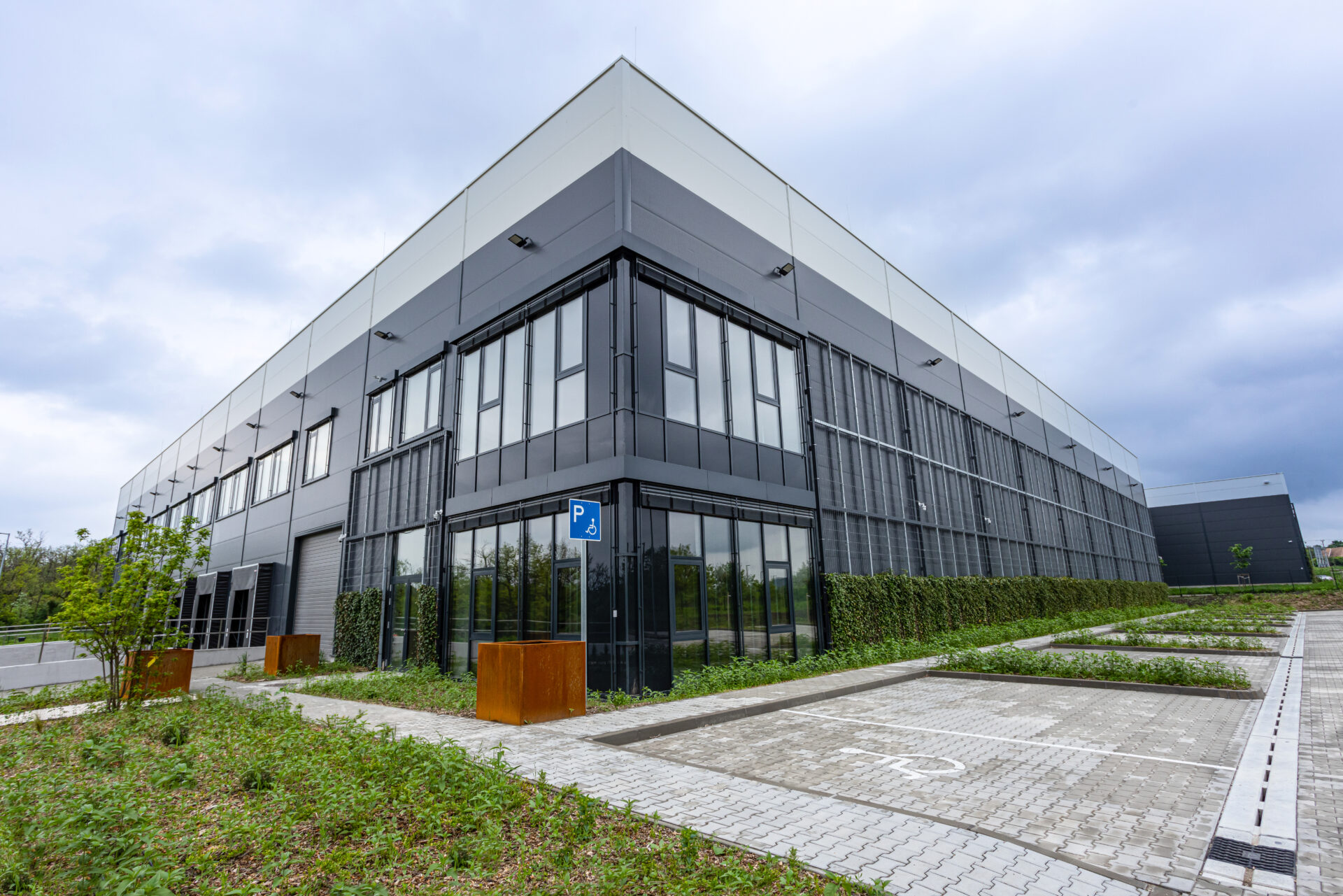The Czech Republic is on the cusp of a major transformation of its transport infrastructure that will have far-reaching consequences for the industrial and logistics real estate market across the Central European region. The second half of this decade will bring a major wave of new motorway construction that will fundamentally change the country’s transport corridors and allow them to be connected more efficiently to European transport road corridors (TEN-T). According to Colliers, this expansion of the motorway network is not just a matter of national mobility but a strategic step towards strengthening the Czech Republic’s position as a key transport and logistics hub in the heart of Europe.
The development of motorway infrastructure will in turn have a significant impact on the industrial real estate market over the next ten years. New hubs of industrial activity are expected to emerge, while the importance of existing hubs in Europe, and Central Europe in particular, is expected to grow. Improved road connections with Germany, Poland, Austria and Slovakia will enable more efficient transport of goods and encourage the development of cross-border trade. This should lead to greater demand for storage and distribution centres strategically located along new transport corridors.
“The evolution of the transport network will create opportunities for tenant investors looking for locations with excellent transport links to other Central European markets. This will enable the Czech Republic to play the role of transport hub more effectively; bringing new opportunities for logistics, warehousing and industrial production,” says Josefina Kurfürstová, Senior Analyst at Colliers.
Positive developments already this year
The first major expansion of the motorway network will be seen as early as the end of 2024, when more than 100 km of new motorway sections are planned to open. The trend will continue in the following years, with plans to open an average of around 60 km of new sections per year for the next six years. It should be noted, however, that the further away the planned opening date is, the higher the likelihood of delays due to permitting processes and possible construction complications. The ambitious target of completing more than 450 km of new motorway sections by 2030 would represent an unprecedented expansion of transport infrastructure in the modern history of the Czech Republic.
New locations
According to Colliers, there is currently more than 12 million sqm of industrial space under construction in the Czech Republic, with a vacancy rate of around 3 percent. Demand for quality industrial space remains strong; particularly in major industrial hubs such as Prague, Brno, Pilsen and Ostrava.
As the motorway network expands, demand is expected to expand to new, previously less desirable locations. “With the gradual completion of new motorway sections, some secondary and developing hubs, such as Olomouc–Přerov or Jihlava, are expected to gain in attractiveness and may see an increase in demand for space and thus rents,” predicts Josefína Kurfürstová.
This could also affect rental prices. In primary hubs such as Prague, this ranges from €7-7.50/sqm, while in secondary locations, €5.40-5.80/sqm is common. This is where the growth potential opens up.
The development of the motorway network will also open up new prospects for cities such as České Budějovice or the Vysoké Mýto and Litomyšl areas. Thanks to better connections to the national and international transport network, these areas could become important logistics and industrial centres. This transformation will undoubtedly attract the attention of developers and investors looking for opportunities in these newly emerging locations.
“Investors, developers and tenants should keep a close eye on the development of motorway infrastructure and be prepared to respond to new opportunities that will arise over the next decade. The Czech Republic has the opportunity to consolidate its position as a strategic location for industry and logistics in the heart of Europe, with the potential to attract new investment and support economic growth in regions across the country,” summarises Josefina Kurfürstová.
Expansion of the motorway network
Ambitious plans envisage the opening of hundreds of kilometres of new motorway sections by 2030. Key projects include the following:
Completion of the northern link between Prague and Ostrava (D11+D35+D1), which will relieve the congested D1 motorway
Direct motorway connection to the Austrian border and Linz (D3)
New connection to the Polish border and Wroclaw (D11)
Significant development of motorways connecting regional border towns such as Chomutov (D7) and Karlovy Vary (D6)
There are plans to complete up to 118 km of highways in 2025 alone; with a further 54 km under construction.







